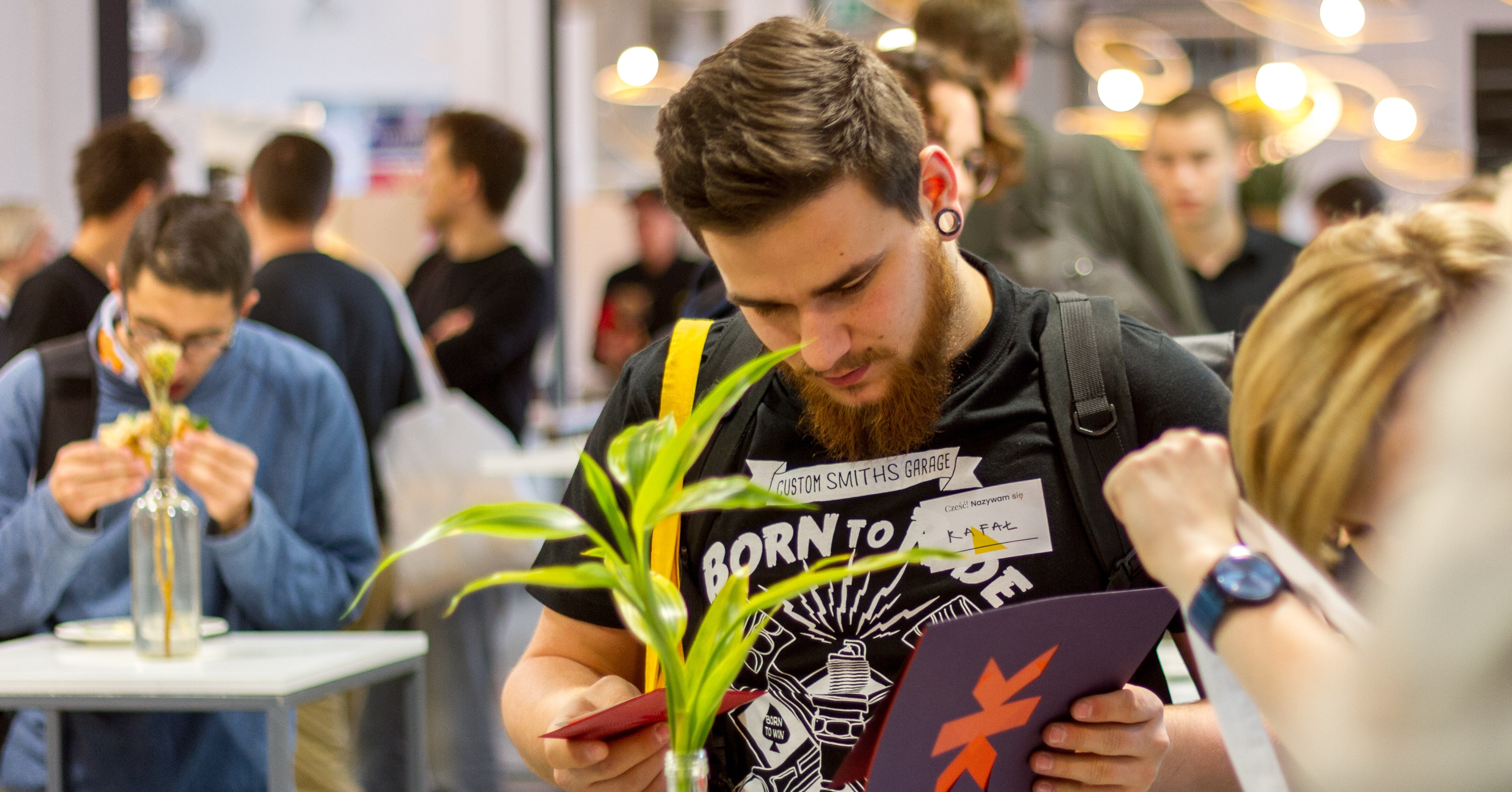BAME Students at Oxbridge: What Role Will Brexit Play?
Oxford and Cambridge elicit thoughts of wealth, privilege and grandeur; the domains of the white and privately-educated, the final phase in an elitist upbringing. Such mental images contrast hugely with the notion of a vibrant, ethnically diverse student population where tolerance reigns supreme- an ideal that all universities should aspire towards. Sadly, these perceptions of ‘Oxbridge’ are prevalent because they are still rooted in fact. As a result, both universities have announced that they are actively working to increase the number of students from Black, Asian and Minority Ethnic (BAME) backgrounds. Their efforts will need to be both genuine and sustained however, as BAME students are still at a considerable disadvantage when applying. Brexit will make what is a seemingly intractable situation even worse. Not only has the vote triggered a major spike in racially-motivated hate crimes- making attitudes towards BAME students even more hostile- but the associated spending cuts will hit the BAME community hardest.
As it stands, the two universities are failing in their efforts to improve levels of racial diversity. Figures from UCAS reveal that in 2016, there were 2180 white students admitted by Oxford in comparison with only 35 black students. Cambridge’s admissions for that year were almost just as skewed. Such statistics point to one of the key issues facing BAME students that aspire to study at Oxbridge- the fear of isolation. Being highly visible amongst the majority group makes feelings of alienation commonplace amongst BAME students. The fear of not fitting in can act as a huge deterrent from applying- something that prevents many talented BAME young people from fulfilling their academic potential. Candice, a working-class, black student at Oxford stated that ‘you want to go to a good university but don’t want to stick out like a sore thumb’. This situation will only change when students of all backgrounds have an equal chance of studying at our elite universities.
Even more disturbingly, incidents of genuine racism are frequently reported at such institutions. Timi Sotire, a black student at Cambridge, told Business Insider that she was asked if she could be called ‘the n-word’ during her first week of study, and even had her afro ‘petted’. Such occurrences serve to make Oxbridge even more unattractive and hostile to the BAME community. Brexit is of huge significance here- there has been an unprecedented 41% rise in hate crime since the referendum, the majority of which have been racially-motivated. It is plausible to suggest that with general attitudes of intolerance and hatred on the rise, the situation facing BAME students at our elite universities is set to plumb new depths. This is corroborated by a survey conducted by The Guardian, which revealed that 71% of ethnic minorities now report experiencing racism, in contrast with 58% in January 2016. The incendiary effects of Brexit are clear- our universities must act to ensure that BAME students can enjoy their studies without fear of abuse and prejudice.
It is important to note that after Brexit, EU students will need to apply for a Tier 4 Student Visa in the same way that current international students do. The stress and cost associated with this process will result in a marked decrease in EU applications. Research from the Higher Education Policy Institute predicts an overall drop of 57%, and Cambridge have already recorded a drop of 14%. This will lead to even less diversity at our universities, which in turn will breed greater levels of intolerance towards anyone from outside the majority group. The incidents of post-Brexit racism at Oxbridge are shocking and harrowing. Just seven months after the referendum, an Oxford college sent an email that urged students to ‘be vigilant’ after an ‘unknown’ black man was seen on college grounds. As it transpired, the man was an Oxford graduate, but such occurrences evidence the rise in racial profiling triggered by Brexit, an issue discussed by the UN’s special rapporteur. Given that Oxford and Cambridge were two of the few cities that voted decisively to remain, there is almost a cruel irony to reports of post-Brexit racism and xenophobia.
The most concerning aspect of the low numbers of BAME students at Oxbridge is that offer rates are still considerably lower even when A-levels are accounted for. Research from the Runnymede Trust has uncovered that White British students have an offer rate 7% higher from Russell Group universities than Black British students, even when qualifications are the same. Such statistics point to the existence of institutional racism at our elite universities- why should offer rates be so much lower even when attainment is taken into consideration? Brexit is significant here too- the dramatic rise in racial hatred has triggered an increase in racial profiling. It is reasonable to assume that this may be at work within our elite universities’ admissions processes.
The obstacles facing BAME students are also socio-economic in nature. A Runnymede Trust study focused on Caribbean, Bangladeshi and Pakistani students at Cambridge, and found 76% of students who worked in the holidays to fund their studies received poor grades. Given that 75% of the BAME population live in 88% of the UK’s poorest areas, one can see the destructive effect that socio-economic background has upon academic success, particularly at elite universities. The spending cuts triggered by Brexit are set to pile even more economic strain onto the BAME community.
A recent UN report has stated that austerity measures are hitting this sector of society by far the hardest, with black household income expected to decrease by 5%, double that of white households. The same UN report also discusses the rise of racial hatred since Brexit, stating that the anti-immigrant backlash fostered by some political actors has led to physical attacks on ethnic minority Britons. It is clear that Brexit has intensified the plight of BAME students, both racially and socio-economically. Research from the Independent Commission on Social Mobility has found that there are more young black males in prison than there at Russell Group universities. Facts such as these point to the depth of inequality facing BAME youth. They are a community constrained by their socio-economic background, with pay gaps commonplace in many employment sectors. The ethnic minority pay gap is acutely observed amongst academic staff at Russell Group universities. A BBC report has revealed that BAME staff at this group of institutions suffer a pay gap of 26% compared to their white counterparts. It is little wonder, therefore, that there is a deficit of BAME students at such universities. Only 7.6% of Newcastle University students are BAME, yet the group constitutes 14.2% of the 18-24 age bracket in the UK.
In order to combat the underrepresentation of BAME students at universities, there are a number of things that can be done. Firstly, BAME students need to be given a voice. A student at the University of Huddersfield stated that there should be a ‘conscious effort to engage with BAME students so leaders can know what they are struggling with’. Joint research from the NUS and UUK has revealed that only 0.7% of professors are black- there is a wealth of talent unable to flourish due to unjust obstacles that are yet to fall. The lack of diversity amongst academic staff has been pinpointed as a key issue facing BAME students’ self-belief and sense of belonging. Addressing the pay gap and creating employment opportunities will help to combat this. Thirdly, it is recommended that universities consider conducting curriculum reviews to ensure that course content is accessible to students from all backgrounds.
Improving access to elite universities will benefit the nation as a whole. The BAME community are underrepresented in many sectors, none more so than academia. With Brexit on the horizon, the time is now for our elite universities to become welcoming and accessible to all students.
Cameron Boyle is a political correspondent for the Immigration Advice Service; an organisation of immigration solicitors which provides legal support for students from overseas looking to study in the UK.
This blog does not reflect the views or opinions of Inside Government.



